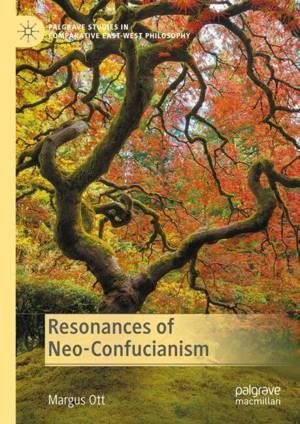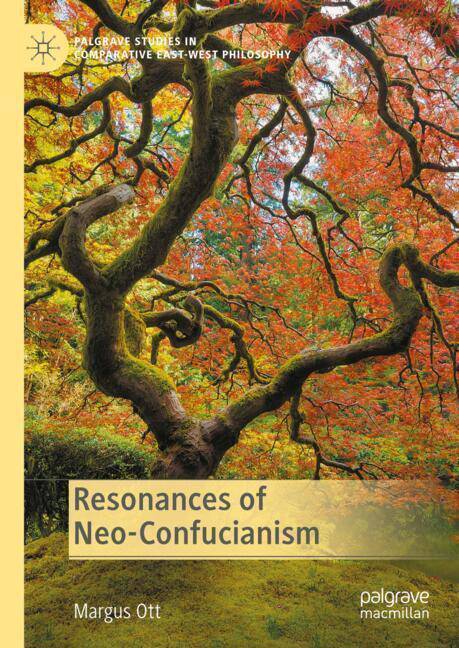
- Retrait gratuit dans votre magasin Club
- 7.000.000 titres dans notre catalogue
- Payer en toute sécurité
- Toujours un magasin près de chez vous
- Retrait gratuit dans votre magasin Club
- 7.000.0000 titres dans notre catalogue
- Payer en toute sécurité
- Toujours un magasin près de chez vous
Description
This book "resonates" the work of Chinese and Western philosophers, developing ontological ideas that are neither purely Chinese nor Western. In so doing, it argues that Deleuzian idea of "resonance" offers a model for a new way of doing comparative philosophy in which the comparison actualizes the virtual and counter-actualizes the actual in both compared traditions. More particularly, Neo-Confucian thinkers Zhang Zai (1020-1077), Zhu Xi (1130-1200), and Wang Yangming (1472-1529) are resonated with Baruch Spinoza (1632-1677), Arthur Schopenhauer (1788-1860), Husserlian phenomenology, and Gilles Deleuze (1925-1995). The three Chinese thinkers represent three distinct currents of Neo-Confucianism: the school of veins (li) of Zhu Xi, the school of energy (qi) of Zhang Zai, the school of mind (xin) of Wang Yangming. The method of resonance is used to discuss the following topics: dichotomy of veins and energy, temporality and subjectivity, self-cultivation, all-embracing energy, dichotomy of primary ability and primary knowledge.
Spécifications
Parties prenantes
- Auteur(s) :
- Editeur:
Contenu
- Nombre de pages :
- 250
- Langue:
- Anglais
- Collection :
Caractéristiques
- EAN:
- 9783031568732
- Date de parution :
- 29-05-24
- Format:
- Livre relié
- Format numérique:
- Genaaid
- Dimensions :
- 148 mm x 210 mm
- Poids :
- 467 g

Les avis
Nous publions uniquement les avis qui respectent les conditions requises. Consultez nos conditions pour les avis.






